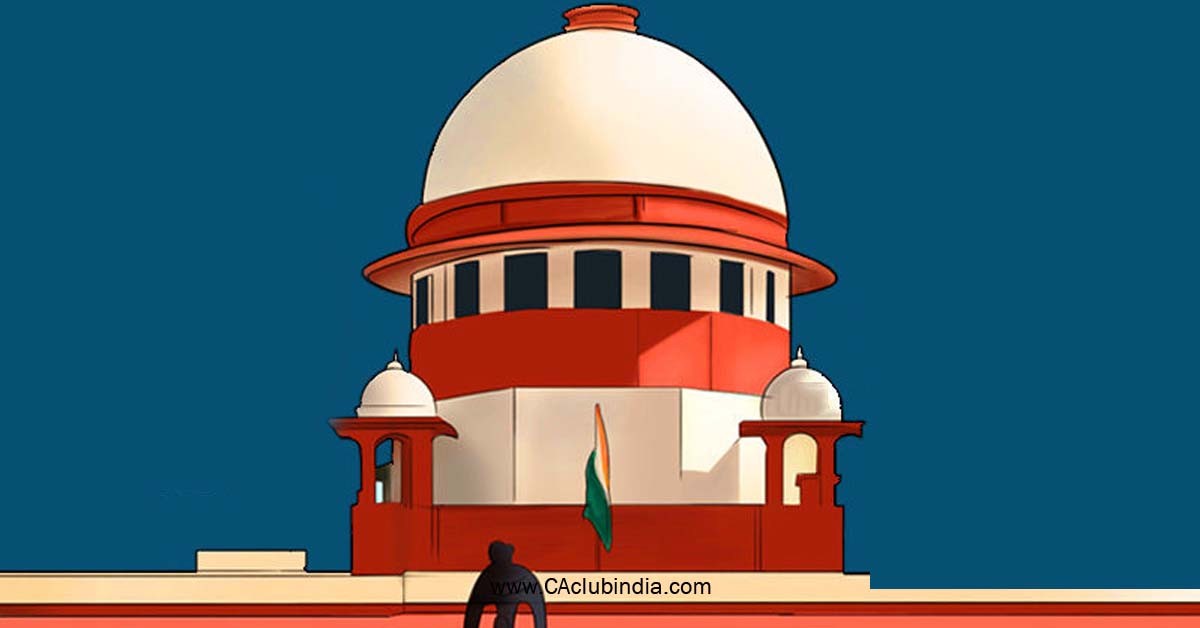A Public Interest Litigation (PIL) filed in the Supreme Court on Thursday has called for the scrapping of the TDS system under the Income Tax Act, labelling it as "arbitrary and irrational," and asserting that it violates several fundamental rights, including equality, the right to practice one's profession, and the right to life and personal liberty.
The PIL challenges the TDS framework, which mandates that tax be deducted at the time of payment by the payer and deposited with the income tax department, with the deducted amount adjusted against the payee's tax liability.

The plea, filed by a lawyer, lists the Centre, the Ministry of Law and Justice, the Law Commission, and NITI Aayog as parties in the case. The petition seeks directions to "declare the TDS system manifestly arbitrary, irrational, and against Articles 14 (right to equality), 19 (right to practice profession), and 21 (right to life and personal liberty) of the Constitution," and asks that the system be deemed void and inoperative.
Key Arguments Against the TDS System
The PIL argues that the TDS system imposes significant administrative and financial burdens on taxpayers, including compliance with complex rules, issuing TDS certificates, filing returns, and defending against penalties for inadvertent errors. This places an undue strain on assessees, who often incur substantial costs, including salaries for compliance staff and fees for tax consultants, without receiving compensation.
Furthermore, the petition claims that the TDS system disproportionately burdens economically weaker sections and small earners who lack the capacity to navigate its technical requirements. This, the petition asserts, violates Article 14, which guarantees equality before the law.
Referring to Article 23, the PIL also contends that the imposition of tax collection duties on private citizens amounts to forced labour, further compounding the system's injustices.
The plea highlights the adverse impact of TDS on individuals who fall below the taxable income threshold, pointing out that tax is deducted at source regardless of their actual liability.
Call for Reform
The PIL further demands that NITI Aayog consider the contentions raised and suggest necessary changes to the TDS system. It also requests the Law Commission to examine the legality of TDS and prepare a report within three months.
The petition argues that the complex and technical nature of the TDS framework often requires specialized legal and financial expertise, which many assessees lack. This unjustly shifts sovereign responsibilities from the government to private citizens, the plea concludes, without providing adequate compensation, resources, or legal safeguards.
Key Takeaways
- The PIL challenges the TDS system, claiming it is arbitrary, irrational, and unconstitutional.
- It argues that TDS imposes significant financial and administrative burdens on taxpayers, especially economically weaker sections.
- The plea seeks reforms from NITI Aayog and the Law Commission to address these concerns and simplify the TDS system.
The Supreme Court's decision on this matter could have significant implications for the future of tax collection and administration in India.




 CAclubindia
CAclubindia

